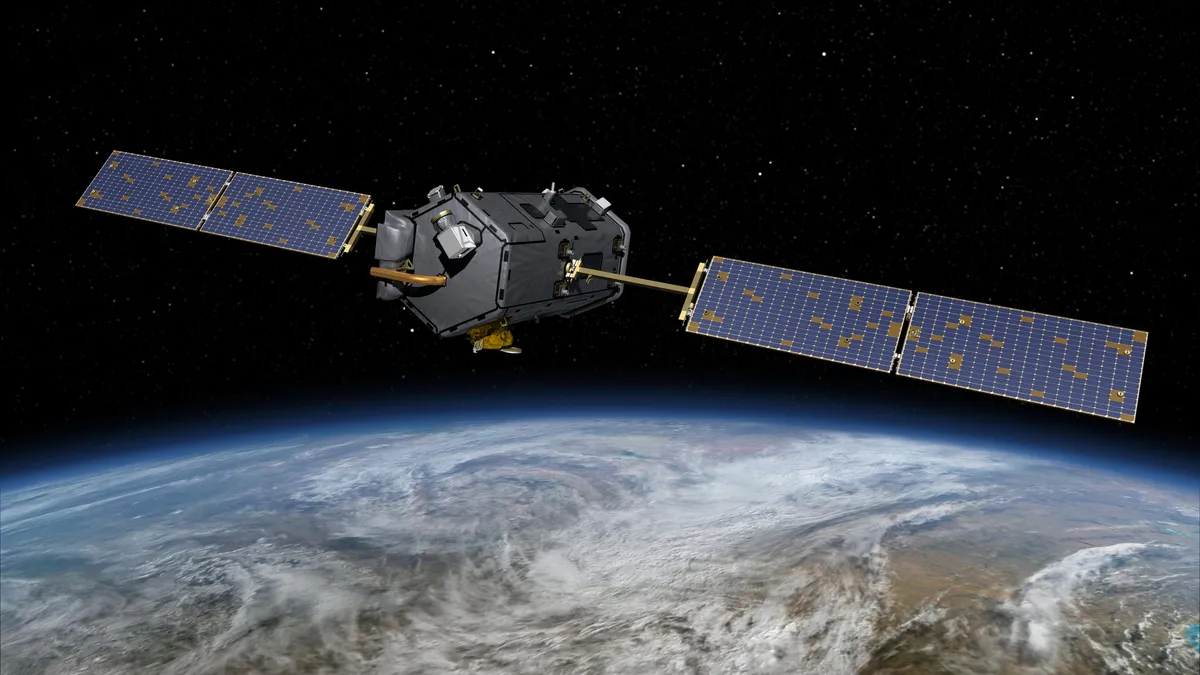
NASA, the leading agency for space exploration and scientific research, is currently facing uncertainty regarding the future of its Earth science programs. Recent remarks made by the agency's acting administrator have raised questions among scientists, policymakers, and the public about the direction of these vital initiatives.
The acting administrator's comments suggest potential shifts or reductions in funding for important Earth science initiatives. These programs play a crucial role in understanding climate change, natural disasters, and other significant environmental issues. The possibility of scaling back these projects has sparked concern among experts who rely on NASA's satellite data and research to inform their work.
Earth science programs at NASA are essential for monitoring and studying our planet's systems. They provide valuable insights into weather patterns, climate changes, and even the impacts of human activity on the environment. Scientists depend on this data to develop models that predict future conditions, making it imperative that these initiatives receive adequate support and funding.
The scientific community has responded with alarm to the acting administrator's statements. Researchers and environmental advocates have voiced their worries about the implications of reduced investment in Earth science. Many fear that this could hinder progress in addressing critical global challenges, such as climate change and resource management.
As discussions continue about the future of NASA's Earth science programs, stakeholders are calling for clarity and a commitment to maintaining robust funding levels. It is crucial that these programs remain a priority for NASA, especially in light of the pressing environmental issues faced globally. The coming months will be pivotal in determining the path forward for NASA’s Earth science initiatives.